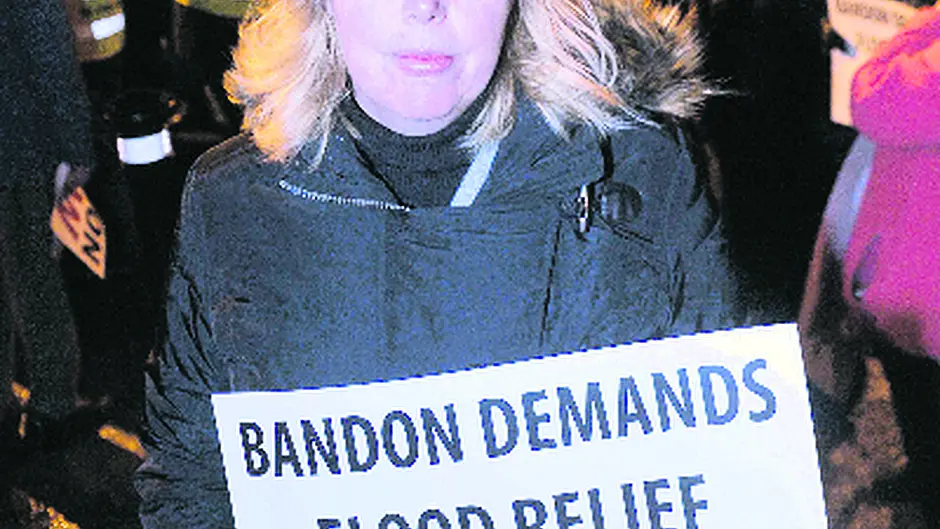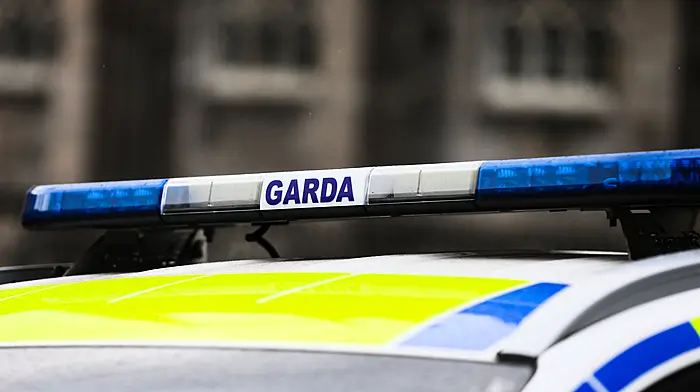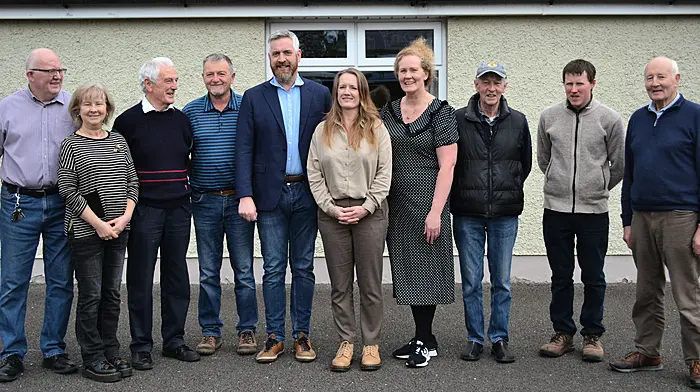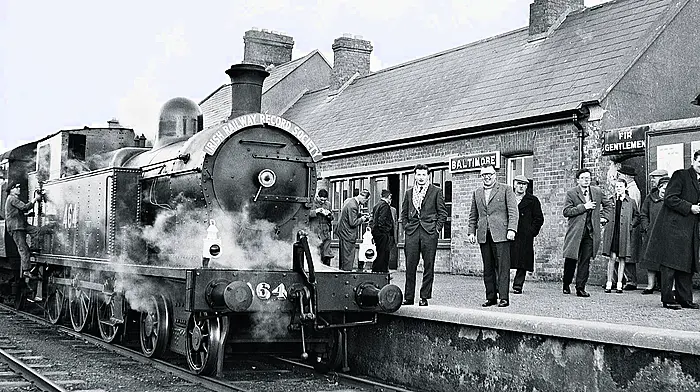A member of Bandon Flood Group has said the people of Bandon are getting nothing but a ‘bucketful of excuses’ over dredging of the Bandon River.
A MEMBER of Bandon Flood Group has said the people of Bandon are getting nothing but a ‘bucketful of excuses’ from both Inland Fisheries Ireland (IFI) and Cork County Council, over dredging of the Bandon River.
And at a meeting of Cork County Council on Monday, one angry councillor told the IFI to ‘back off’ after hearing that dredging would not be allowed in a number of flood-threatened towns.
‘We’re calling for immediate dredging and we’re not interested in the reasons why they can’t, we just want the job done,’ said a furious Gillian Powell of Bandon Flood Group.
‘It’s difficult to know where the truth lies. But Bandon is an emergency work despite what Inland Fisheries Ireland think,’ she said, and she hinted at taking legal action to get protection for the traders’ livelihoods: ‘We will even look at possible legal options to ensure our homes and businesses are protected,’ said Gillian.
Cork County Council said on Monday it had earlier requested to undertake a two-year programme of dredging on the Bandon River, but the IFI did not constitute this as ‘emergency’ works, and so would not give the go-ahead.
Councillors were told that Inland Fisheries Ireland – the agency responsible for the protection and management of Ireland’s inland fisheries – does not see the towns of Skibbereen or Clonakilty as falling into the category of ‘emergency works’ either.
Councillors were also told, in a flood report issued by the Council, that a 1949 law provides for remedial works where they are undertaken by a local authority in the context of an ‘emergency’.
However, while Inland Fisheries indicated it was keen to facilitate emergency flood relief works, the agency doesn’t deem the planned flood defence schemes, such as Bandon and Skibbereen, as being in that category.
Cllr Alan Coleman (Ind) said he was disturbed by the Inland Fisheries perspective on the 1949 Act.
‘We shouldn’t, as a local authority, accept their skewed view of life. We should get a legal view on this, and find out how far can we go. We should drive it as far as possible,’ said Cllr Coleman.
Kinsale-based Cllr Kevin Murphy (FG) said that drainage is the biggest impediment to work and if ‘we don’t get to grips with a response with Inland Fisheries, then we’re going nowhere. Back off Inland Fisheries,’ said an angry Cllr Murphy.
Cllr Christopher O’Sullivan (FF) also urged Cork County Council to ‘go in there and take action’ in relation to doing work on the rivers.
‘I’d take the Inland Fisheries comments with a pinch of salt and I would urge ye to go in there and implement the mechanism to get work done,’ said Cllr O’Sullivan.
Cllr Patrick Gerard Murphy (FF) said it was indeed extraordinary that Inland Fisheries do not see the cases of Bandon and Skibbereen as urgent.
‘We need an audit of all our rivers and waterways and we should dredge where necessary. We should be allowed to go in,’ said Cllr Murphy.
Inland Fisheries were an ‘obstacle’ said Cllr Declan Hurley (Ind) and he called for emergency legislation to overrule them.
Cllr Joe Carroll also expressed his frustration with the IFI.
‘I’m tired of Inland Fisheries hiding behind these directives. They shouldn’t be there if there’s a human issue and they must be told they cannot hold up a scheme. It won’t be tolerated anymore,’ said Cllr Carroll.
Chief executive of Cork County Council, Tim Lucey, said he didn’t see the viewpoint of Inland Fisheries at all.
Councillors were told that the Council will seek further clarification on this and that they will be kept informed of further developments.
Meanwhile, Jim Daly TD tabled a motion at this week’s Fine Gael parliamentary meeting calling for it to be ‘Government policy’ not to provide funding to County Councils for road repairs unless they commit to carrying out necessary drainage works.
Jim Daly described as ‘criminal’ the continued allocation of hundreds of millions of taxpayers’ money each year for the repair of roads without any meaningful measures to remove the surface water that is causing the damage to the roads network.









